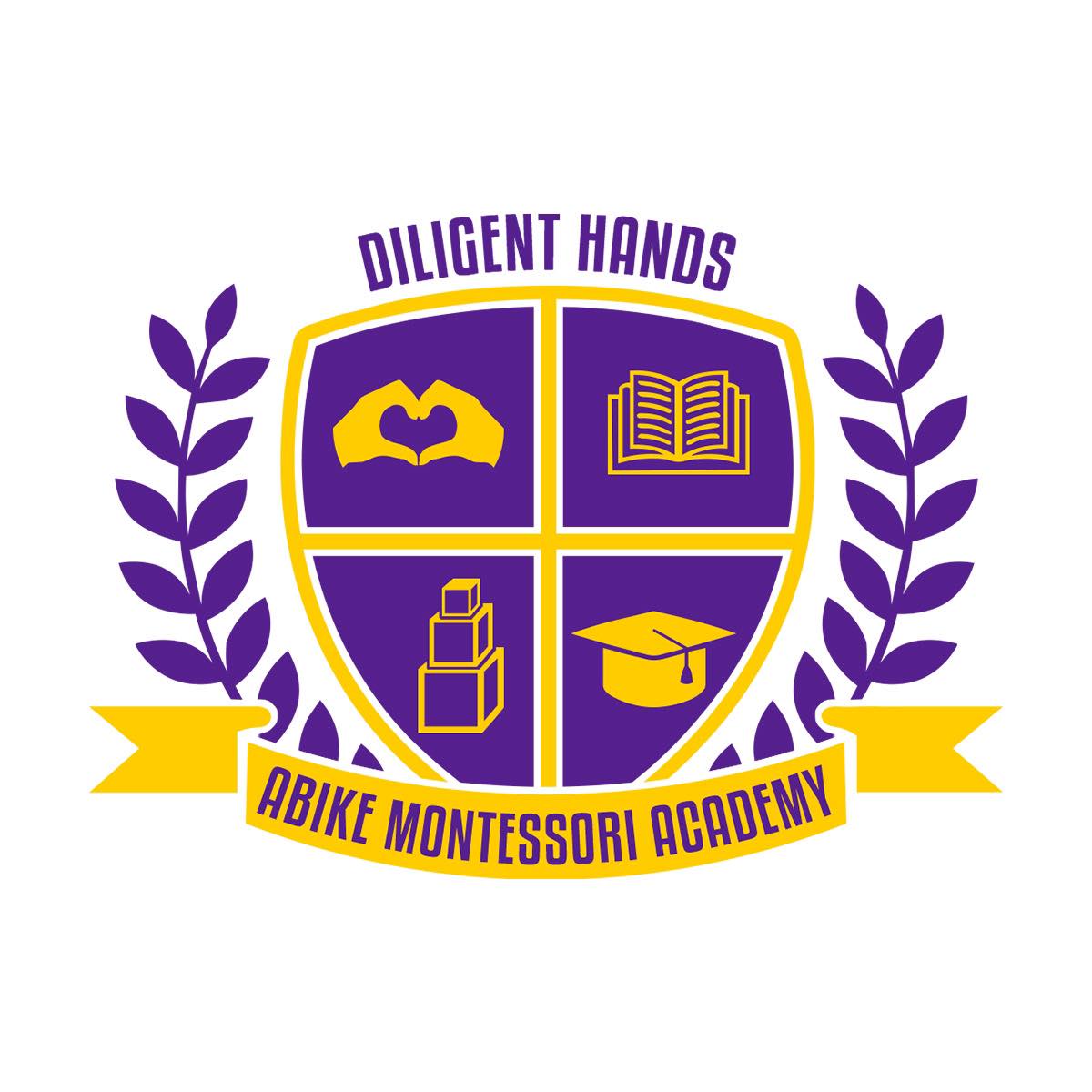Program at a Glance
Philosophy
Toddlers learn through purposeful movement and imitation. Guides model grace and courtesy, offering materials that match each child’s sensitive periods for language, order, and coordination.
- ZPractical Life
Pouring, spooning, care of self & environment, dressing frames — building focus and independence. - AaLanguage
Rich vocabulary, songs and stories, object‑to‑picture matching, naming, and early sound games. - ●Sensorimotor
Gross and fine motor activities that refine coordination in a low‑shelf, accessible environment. - ☮Grace & Peace
Gentle routines, respect for the child’s pace, and simple choices that build confidence.
Times are approximate; rhythm adjusts to the needs of the group and season.
Environment
- Child‑sized sinks, toilets, and furnishings for autonomy.
- Low, open shelves with a curated set of materials (less is more).
- Defined floor space for movement and a cozy reading area.
- Outdoor yard for gross motor exploration.
Materials You’ll See
Dressing frames, language baskets, classified picture cards, posting activities, sound cylinders, object permanence boxes, and toddler‑safe practical life tools.
- Emerging self‑care (hand‑washing, toileting readiness, dressing).
- Expanding vocabulary and confidence expressing needs.
- Improved coordination, concentration, and order.
- Joyful social skills: waiting, turn‑taking, and gentle hands.
Communication
We share brief updates and photos periodically and welcome short check‑ins at drop‑off/pick‑up. Family partnerships are key in toileting and language goals.
Readiness & Next Steps
Steady walking, interest in toileting, and comfort with short separations. We tailor transitions for each child.
What should my child bring daily?
Water bottle, labeled lunch, and a compact change of clothes. We provide all learning materials.
How do you handle naps?
We follow each child’s routine with quiet options for early wakers.
Do you support potty learning?
Yes. We collaborate with families using respectful, consistent routines.
